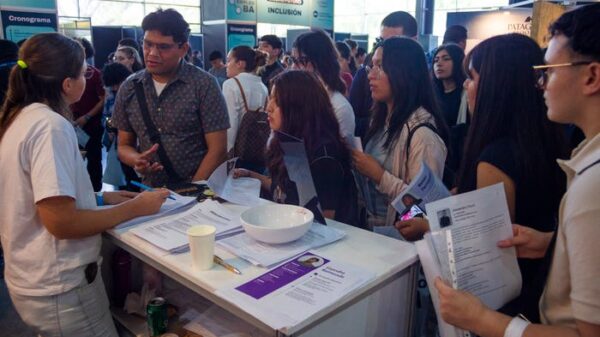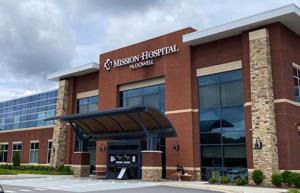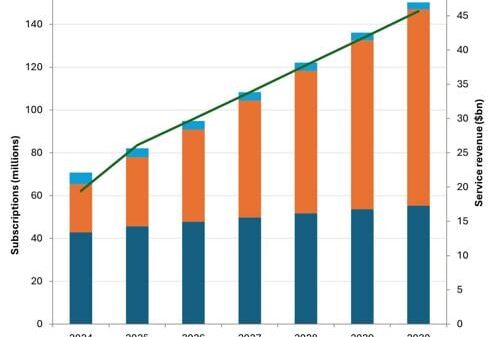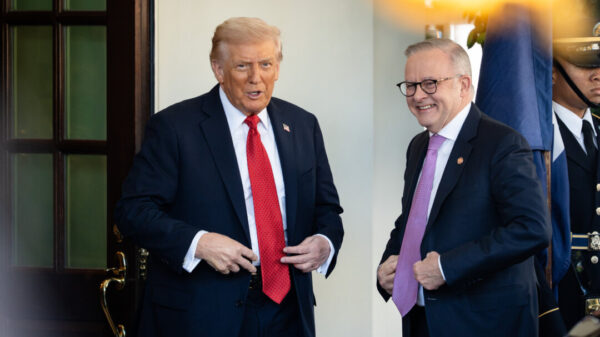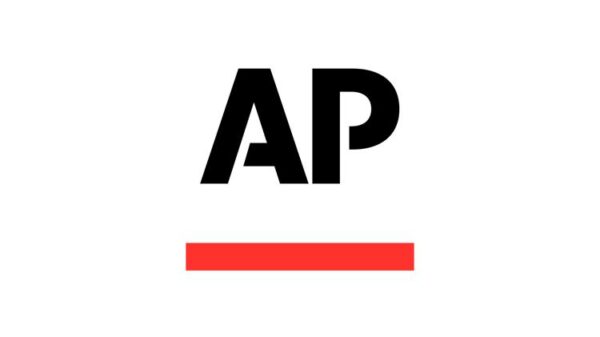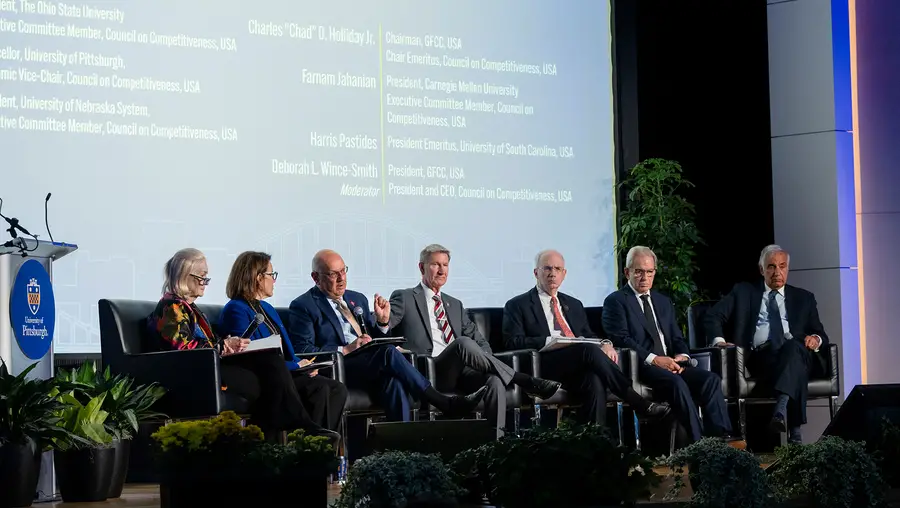URGENT UPDATE: The summit “Forging the Future: The Intersection of Health, AI and Tech” is underway at the University of Pittsburgh, spotlighting groundbreaking advancements in artificial intelligence and healthcare. Just announced, this pivotal event, co-hosted by Carnegie Mellon University (CMU) and the Council on Competitiveness, brings together leading experts from academia, industry, and government to discuss how technology is transforming health care today.
The summit kicked off earlier today, featuring a joint welcome from CMU President Farnam Jahanian and Pitt Chancellor Joan Gabel. Jahanian emphasized Pittsburgh’s evolution into a hub for innovation, stating, “Today, we are a city of eds, meds, and emerging tech.” He highlighted the collaboration between private sectors and academic institutions as essential for driving economic growth through innovation.
In the first panel, titled “The Health, AI and Productivity Imperative: From University Research to Community Impact,” Jahanian outlined CMU’s role in advancing AI education, pointing out that the university launched the first undergraduate degree in AI back in 2018. He affirmed CMU’s dedication to ethical AI and community-based innovations, predicting, “Within the next 10 years, we will see a fundamental shift in how we teach and learn.”
This morning also featured Theresa Mayer, CMU’s Vice President for Research, who joined international leaders to discuss sustainable city development through technology. Mayer cited a significant $90 billion investment announced at a recent summit hosted by Sen. Dave McCormick, R-Pa., emphasizing the critical role of Pennsylvania in the tech-driven economy.
Mayer stressed the importance of Pittsburgh’s resources, stating, “[Pittsburgh has] a deep tradition in manufacturing… the energy and the water, which are going to be critical if we’re thinking about growing the base of manufacturing in the U.S.”
During the lunch panel, Marsha Lovett, vice provost for teaching and learning innovation at CMU, highlighted the university’s cutting-edge work in AI-enhanced education. She underscored the need for education to adapt rapidly to technological advances, stating, “Integrating AI into education means keeping track of how curricula are effectively preparing students… in a continuous monitoring cycle.”
As the summit unfolds, attendees are urged to focus on the ethical implications and community impacts of AI and technology. The discussions at this summit are expected to shape the future of health care, education, and economic development not just in Pittsburgh, but globally.
Stay tuned for more updates as this important summit progresses, with implications that could redefine our approach to health and technology in the coming years.


